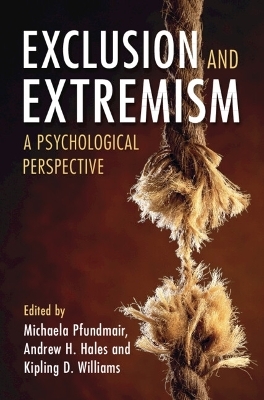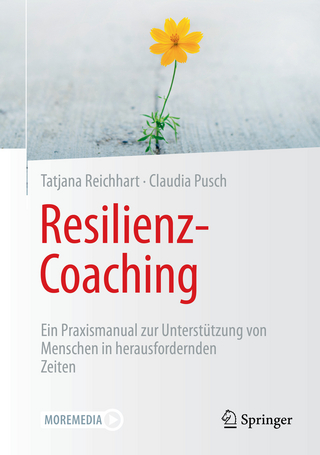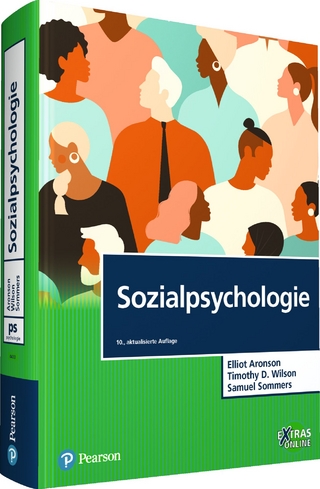
Exclusion and Extremism
Cambridge University Press (Verlag)
978-1-009-40813-4 (ISBN)
The question of how people develop extreme, radical or even terrorist ideas and behaviors is one which is attracting more and more scientific attention. There are many factors that contribute to such extremist attitudes. This book focuses on one specific contributor which has received only little attention in the past: social exclusion. Recent research shows that being kept apart from others, physically or emotionally, is a powerful event in people's lives. The chapters provide an overview of the existing body of research for the first time and explore the exclusion-extremism link in depth by gathering together a seminal collection of essays, written by leading social psychologists. Timely, novel, and highly instructive, this volume delivers an expert understanding of psychological underpinnings of such behavior and offer inspiration for future research.
Michaela Pfundmair is Professor of Intelligence Psychology at the Federal University of Administrative Sciences in Berlin, Germany. Her research focuses on the consequences of social exclusion and the psychology of terrorist radicalization. Andrew Hales is Professor of Psychology at the University of Mississippi, USA. He researches the many ways people influence one another, including social ostracism. Kipling D. Williams is Distinguished Professor of Psychological Sciences at Purdue University, USA. An expert on ostracism and social judgement, he authored and co-edited numerous books on the subject.
Introduction Michaela Pfundmair, Andrew Hales and Kipling D. Williams; 1. Ostracism and extremism: how extreme groups can address threatened needs Andrew Hales, Natasha R. Wood and Kipling D. Williams; 2. Exclusion and radicalization: the role of individual differences in the relation between exclusion and radicalization Emma A. Renström and Hanna Bäck; 3. In the realm of action: social exclusion as a catalyst for terrorism Michaela Pfundmair; 4. Seeking the self in the extreme: white extremism, exclusion, and threat to self Verena Graupmann, Eric D. Wesselmann; 5. Buying the blackpill: perceived exclusion and the psychology of incels Gregory J. Rousis and William B. Swann; 6. Extremism and exclusion: the role of the quest for significance Molly Ellenberg and Arie W. Kruglanski; 7. Divided groups, polarized identities, and extremist behavior: the role of exclusion-contingent self and identity uncertainty Joseph A. Wagoner and Michael A. Hogg; 8. It's the group, not just the individual: social identity and its link to exclusion and extremism Bertjan Doosje, Allard R. Feedes and Liesbeth Mann; 9. 'Who do they think we are?!': how Status Indignity and exclusion can motivate radicalization Johannes Nils Rasmus Möring and Felicia Pratto; 10. The exclusion-extremism link in non-WEIRD populations Juana Chinchilla and Ángel Gómez Jiménez; 11. Rejection and serious aggression: hurt people hurt people Robin M. Kowalski and Mark R. Leary; 12. Chronic social exclusion, radicalization, and extremism Marco Marinucci and Paolo Riva; 13. Connecting conspiracy beliefs and experiences of social exclusion Roland Imhoff.
| Erscheinungsdatum | 14.05.2024 |
|---|---|
| Zusatzinfo | Worked examples or Exercises |
| Verlagsort | Cambridge |
| Sprache | englisch |
| Maße | 152 x 229 mm |
| Gewicht | 636 g |
| Themenwelt | Geisteswissenschaften ► Psychologie ► Sozialpsychologie |
| Recht / Steuern ► Strafrecht ► Kriminologie | |
| ISBN-10 | 1-009-40813-5 / 1009408135 |
| ISBN-13 | 978-1-009-40813-4 / 9781009408134 |
| Zustand | Neuware |
| Informationen gemäß Produktsicherheitsverordnung (GPSR) | |
| Haben Sie eine Frage zum Produkt? |
aus dem Bereich


